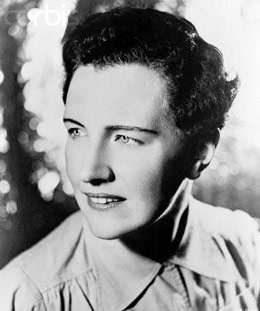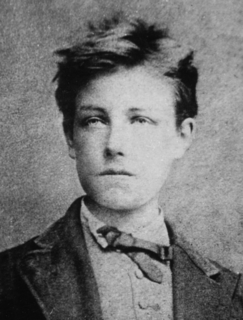A Quote by Albert Einstein
Man tries to make for himself in the fashion that suits him best a simplified and intelligible picture of the world; he then tries to some extent to substitute this cosmos of his for the world of experience, and thus to overcome it. This is what the painter, the poet, the speculative philosopher, and the natural scientists do, each in his own fashion. Each makes this cosmos and its construction the pivot of his emotional life, in order to find in this way peace and security which he can not find in the narrow whirlpool of personal experience.
Quote Topics
Best
Construction
Cosmos
Each
Emotional
Emotional Life
Experience
Extent
Fashion
Find
Him
Himself
His
His Way
Intelligible
Life
Make
Makes
Man
Narrow
Natural
Order
Overcome
Own
Painter
Peace
Peace And Security
Personal
Personal Experience
Philosopher
Picture
Poet
Scientists
Security
Some
Speculative
Substitute
Suits
Then
Thus
Tries
Way
Which
World
Related Quotes
One of the strongest motives that leads men to art and science is escape from everyday life with its painful crudity and hopeless dreariness. Such men make this cosmos and its construction the pivot of their emotional life, in order to find the peace and security which they cannot find in the narrow whirlpool of personal experience.
Each man in his life honors, and imitates as well as he can, that god to whose choir he belonged, while he is uncorrupted in his first incarnation here; and in the fashion he has thus learned, he bears himself to his beloved as well as to the rest. So, then, each chooses from among the beautiful a love conforming to his kind, and then, as if his chosen were his god, he sets him up and robes him for worship.
Each individual is a cosmos of organs, each organ is a cosmos of cells, each cell is a cosmos of infinitely small ones; and in this complex world, the well-being of the whole depends entirely on the sum of well-being enjoyed by each of the least microscopic particles of organized matter. A whole revolution is thus produced in the philosophy of life.
With only one life to live we can't afford to live it only for itself. Somehow we must each for himself, find the way in which we can make our individual lives fit into the pattern of all the lives which surround it. We must establish our own relationships to the whole. And each must do it in his own way, using his own talents, relying on his own integrity and strength, climbing his own road to his own summit.
Symbols are specific acts or figures, while myths develop and elaborate these symbols into a story which contains characters and several episodes. The myth is thus more inclusive. But both symbol and myth have the same function psychologically; they are man's way of expressing the quintessence of his experience - his way of seeing his life, his self-image and his relations to the world of his fellow men and of nature - in a total figure which at the same moment carries the vital meaning of this experience.
I ask of each Mason, of each member, of each brother, that he shall remember ever that there is upon him a peculiar obligation to show himself in every respect a good citizen; for after all, the way he can best do his duty by the ancient order to which he belongs is by reflecting credit upon that order by way in which he performs his duty as a citizen of the United States.
No man could bring himself to reveal his true character, and, above all, his true limitations as a citizen and a Christian, his true meannesses, his true imbecilities, to his friends, or even to his wife. Honest autobiography is therefore a contradiction in terms: the moment a man considers himself, even in petto, he tries to gild and fresco himself. Thus a man's wife, however realistic her view of him, always flatters him in the end, for the worst she sees in him is appreciably better, by the time she sees it, than what is actually there.
First of all, although men have a common destiny, each individual also has to work out his own personal salvation for himself in fear and trembling. We can help one another to find the meaning of life no doubt. But in the last analysis, the individual person is responsible for living his own life and for "finding himself." If he persists in shifting his responsibility to somebody else, he fails to find out the meaning of his own existence. You cannot tell me who I am and I cannot tell you who you are. If you do not know your own identity, who is going to identify you?
While the poet entertains he continues to search for eternal truths, for the essence of being. In his own fashion he tries to solve the riddle of time and change, to find an answer to suffering, to reveal love in the very abyss of cruelty and injustice. Strange as these words may sound I often play with the idea that when all the social theories collapse and wars and revolutions leave humanity in utter gloom, the poet--whom Plato banned from his Republic--may rise up to save us all.



































